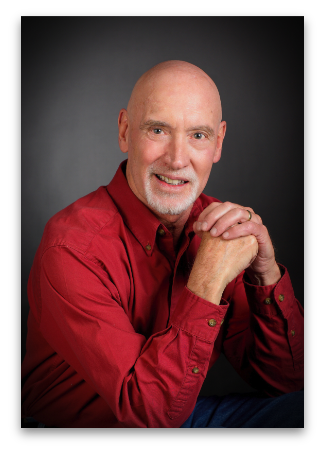- The alternative to the extinction of millions of species of plants and animals will come from the voluntary extinction of one species: Homo sapiens.
- Each time another one of us decides to not add another human to the burgeoning billions now squatting on this ravaged planet, another ray of hope shines through the gloom.
- When every human chooses to stop breeding, Earth's biosphere will return to its former glory, and all remaining creatures will be free to live, die, and evolve, in the natural way they have been doing successfully for half a billion years. The health of the Earth will be restored.
- The decision to stop reproducing is morally correct, since we are presently engineering the massive die-off of humanity, and should thus not sentence another human to life.
- Allowing humanity to take its present course of destroying the planet is unconscionable. There is far too much at stake.
- Not all Vehement members are necessarily in favor of human extinction, but agree that no more of us should be created at this time. Vehement opposes the involuntary extinction of any species, including humans.
- Unfortunately, many concerted efforts support the horror of involuntary extinction: production and use of weapons; toxins everywhere; rampant destruction of natural resources and habitats; global warming; water and fossil fuel depletion; ozone breakdown; countless wars; the rise of fascism; and so on.
- A major goal of Vehement is to advance the population-awareness movement, which appears to be stalled, if not pushed back to where it was 35 years ago. Progressive population awareness groups advocate a one-child average and two maximum, but few, if any, dare to advocate zero procreation. Environmental groups avoid the controversial topic, preferring to work on consequences of our excessive breeding.
- Vehement members want to preserve the future of life on earth. Humans have the potential for achieving the awareness needed to reverse civilization's direction and begin restoring Earth's biosphere.
Vehement's website gives more detailed explanations of why they believe that voluntary human extinction merits our consideration.
My first reaction upon contemplating the foregoing notions was: "Whoa! These folks are out to lunch. There are millions of people like myself who have been working hard to make sure the human race continues. I've spent twenty years in education-pushing science and environmental education in particular-I've worked on several solar projects, built windmills, lived off the grid for fifteen years, talked at environmental and energy hearings ad infinitum, written countless letters to the editor regarding protecting life on earth, tried to vote and encourage others to vote properly, and, among other things, made efforts to reduce my consumption of resources. My underlying assumption has always been that we humans SHOULD continue spreading and sprouting our seeds, and pass this beautiful blue-green planet on to future generations, hopefully educated and numerically limited ones. Why else am I and others putting so much energy into doing the things we do, other than to propagate our species?"
But Vehement's ideas rapidly sprouted roots in my brain and refused to let go.
I considered: I have one biological son-the other I adopted-and I might well not have procreated that one time, if not for the fact that my wife had ovarian cancer. The doctor had informed us: "We need to operate, and if you plan to have a child, now is the time to do it."
That proclamation forced my hand, but there is a more than likely chance that had this not happened, I would have had no progeny of my own. After all, I worked with kids all day, and didn't particularly think I needed to have another one waiting at home for me after a day of teaching. And even in 1975, the future of the planet and civilization looked incredibly grim. I was not excited about bringing another person into the mess, particularly one I imagined I would love and who would most likely outlive me.
(Note: You can view every article as one long page if you sign up as an Advocate Member, or higher).





